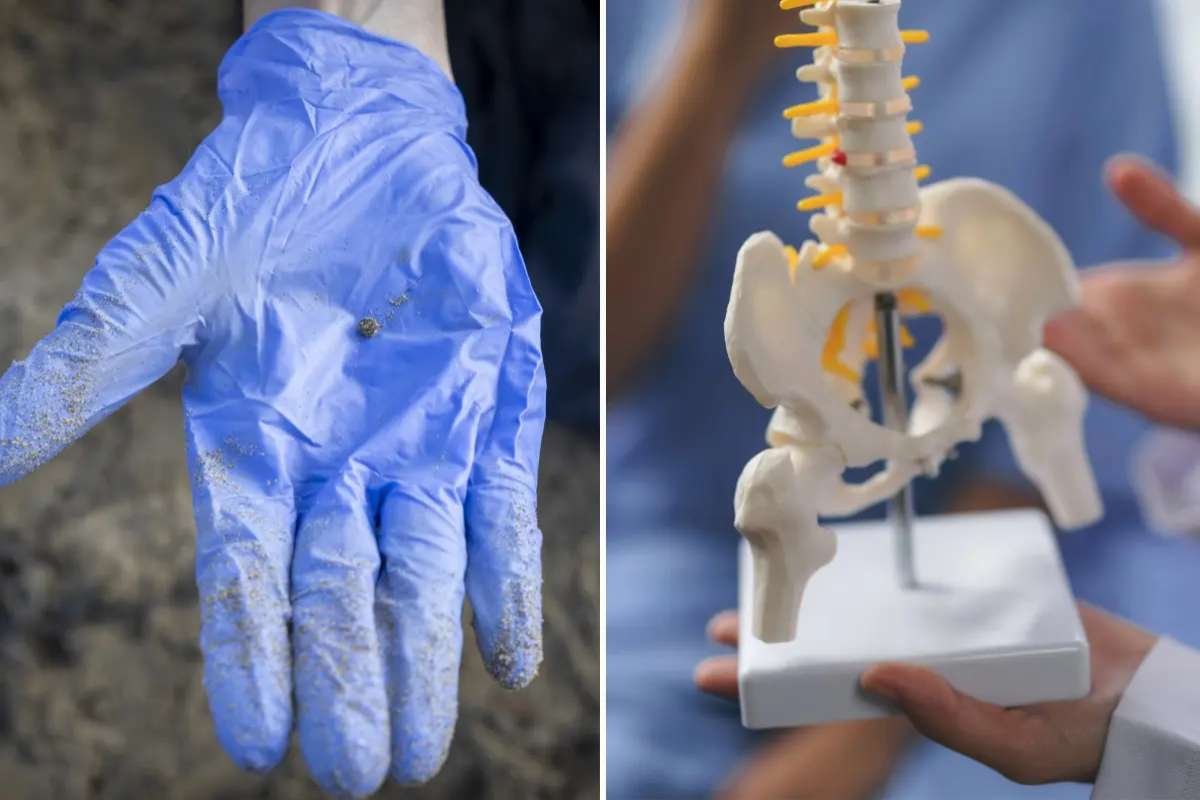Source-Alzheimers-News-Today
Alzheimer’s disease pathology remains a challenging condition marked by amyloid plaques, neurofibrillary tangles, and lipid accumulation in glial cells. While treatments targeting these features have shown some success, other cellular deficits, especially in early-onset familial forms, persist. Genetic studies have highlighted mutations in genes related to membrane trafficking, immunity, and cholesterol metabolism as risk factors.
Alzheimer’s Disease Pathology: Insights from Recent Research
Recently published in IScience, a study examined heparan-sulfate-modified proteoglycans (HSPGs) and their impact on Alzheimer’s disease pathology. Researchers utilized mouse astrocytes and human cell cultures to investigate how HSPGs influence autophagy, mitochondrial function, and lipid synthesis. They also explored whether altering HSPG signaling could mitigate the effects of mutated presenilin (PSEN1) in Drosophila models.
HSPGs are crucial in extracellular matrix interactions and cell signaling, binding to growth factors and regulating processes like exocytosis and endocytosis. Prior studies have shown that reducing HSPG activity can enhance autophagy and mitigate mitochondrial dysfunction in other neurodegenerative diseases.
Key Findings and Implications
The study found that reducing HSPG activity improved autophagy and mitochondrial function while reducing lipid droplet formation in Alzheimer’s models. Knockout studies targeting enzymes involved in heparan-sulfate biosynthesis corroborated these findings, demonstrating improved cellular processes in human cell lines, mouse astrocytes, and Drosophila models.
Moreover, mutations affecting PSEN1 in Drosophila exacerbated Alzheimer ‘s-related cellular deficits, which were mitigated by lowering heparan-sulfate biosynthesis. This suggests a potential therapeutic avenue for familial Alzheimer’s disease by targeting HSPGs to enhance cellular health.
In conclusion, the research underscores the significant role of HSPGs in Alzheimer’s disease pathology, offering insights into novel therapeutic strategies aimed at restoring cellular functions compromised in this devastating neurological condition.







